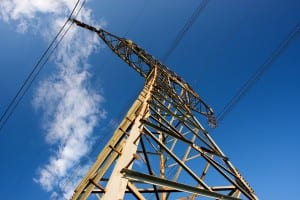Energy Market Reform for Renewables
By ucftmgr, on 18 November 2015
 The UK’s Energy Market Reform was introduced for two main reasons: concern that inadequate private investment under the liberalized system was eroding the UK’s security of supply, and growing recognition that the existing system of Renewables Obligation Certificates (ROC) support was an inefficient way to support capital-intensive, low carbon investments like renewable energy. The EMR was intended to address these concerns. Contracts-for-Difference (CfDs), providing a long term fixed-price contract, were introduced to enhance investor confidence and thus reduce financing costs; CfDs were seen not only as a preferable way to support renewable energy, but also one applicable to nuclear energy. The Capacity Mechanism introduced fixed payments to all plants guaranteeing power available when needed. (more…)
The UK’s Energy Market Reform was introduced for two main reasons: concern that inadequate private investment under the liberalized system was eroding the UK’s security of supply, and growing recognition that the existing system of Renewables Obligation Certificates (ROC) support was an inefficient way to support capital-intensive, low carbon investments like renewable energy. The EMR was intended to address these concerns. Contracts-for-Difference (CfDs), providing a long term fixed-price contract, were introduced to enhance investor confidence and thus reduce financing costs; CfDs were seen not only as a preferable way to support renewable energy, but also one applicable to nuclear energy. The Capacity Mechanism introduced fixed payments to all plants guaranteeing power available when needed. (more…)
 Close
Close


